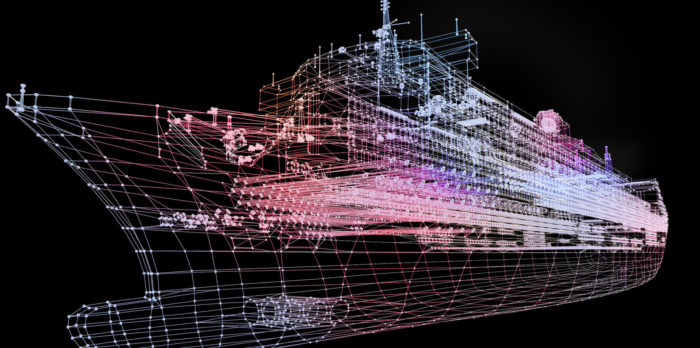Digitalization is a constant theme in shipping right now; smart technologies are already making a great impact on the industry. 2018 was an interesting year for shipping, with major developments in the field of digitalization and further steps toward the so-called smart shipping era. Thanks to increasingly digitalized solutions doors are being opened for efficient new approaches while several key technologies like big data, AI and virtual reality taking hold to benefit maritime industry as well.
Unblocking Blockchain
Blockchain has shaken ground in maritime and logistics, for providing transparency and reducing complexity and costs. In 2018:
- Nine leading ocean carriers and terminal operators formed a consortium to develop the Global Shipping Business Network.
- NYK revealed plans to launch its own digital currency to pay seafarers.
- Blockchain opened new routes in bunker industry with the establishment of BLOC Consortium.
- World’s first blockchain platform for marine insurance entered into service.
- Ports worldwide -from Antwerp to Brisbane- embraced Blockchain to ease complexity of operations.
Automation- The way forward
[smlsubform prepend=”GET THE SAFETY4SEA IN YOUR INBOX!” showname=false emailtxt=”” emailholder=”Enter your email address” showsubmit=true submittxt=”Submit” jsthanks=false thankyou=”Thank you for subscribing to our mailing list”]
Ship autonomy marked further steps in 2018; on top of that, IMO MSC 100 approved the framework and methodology for regulatory scoping exercise on autonomous ships.
- Gard Club said it would provide Hull and Machinery and P&I insurance to what will become world’s first autonomous zero-emission container ship, YARA BIRKELAND.
- China initiated construction of Asia’s first testing facility for autonomous vessels in Zhuhai, Guangdong.
- Wilhelmsen and Kongsberg launched world’s first autonomous shipping company.
- World’s biggest automated container terminal opened in Shanghai.
- An autonomous ship model was successfully tested in Aker Arctic’s test laboratory in Helsinki.
- DNV GL issued a new class guideline covering autonomous and remotely operated ships.
- Rolls-Royce and Finferries demonstrated world’s first fully autonomous ferry in Turku.
Drones are here to stay
Industries showed increased interest in drones last year, mainly due to relaxation of stringent regulations around their use, while shipping mostly embraced drones in maritime surveillance and ports. In 2018, the EU Parliament approved new rules for drones’ operation, ISO issued first set of global standards for drones and EU initiated the European network for drone demonstration projects.
Furthers steps on cyber security
2018 validated the ‘cyber threat’ trend, which came at the forefront after the Maersk cyber breach in 2017. Operators as COSCO, ports as Barcelona and San Diego, as well shipbuilders like Austal, entered the list of cyber victims. So how the industry responded to this emerging threat?
- EU completed its research project MITIGATE aiming to implement risk management system in maritime.
- Wärtsilä and Templar opened first International Maritime Cyber Centre of Excellence in Singapore.
- US President signed America’s National Cyber Strategy, noting that maritime is of particular concern.
- Kongsberg and KPMG launched cyber security partnership for shipping.
- ClassNK signed with TÜV Rheinland to develop a maritime cyber security certification scheme.
- The industry’s third version of ‘Guidelines on Cyber Security onboard Ships’ came out, to assist shipping companies conduct proper risk assessments against cyber-incidents.




























































